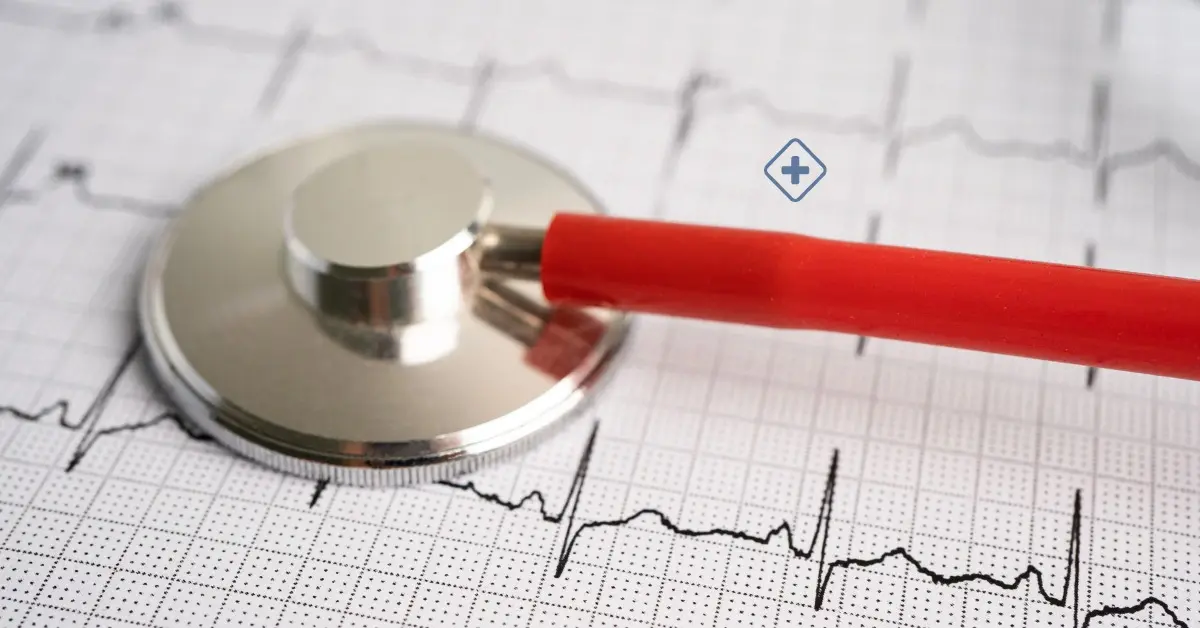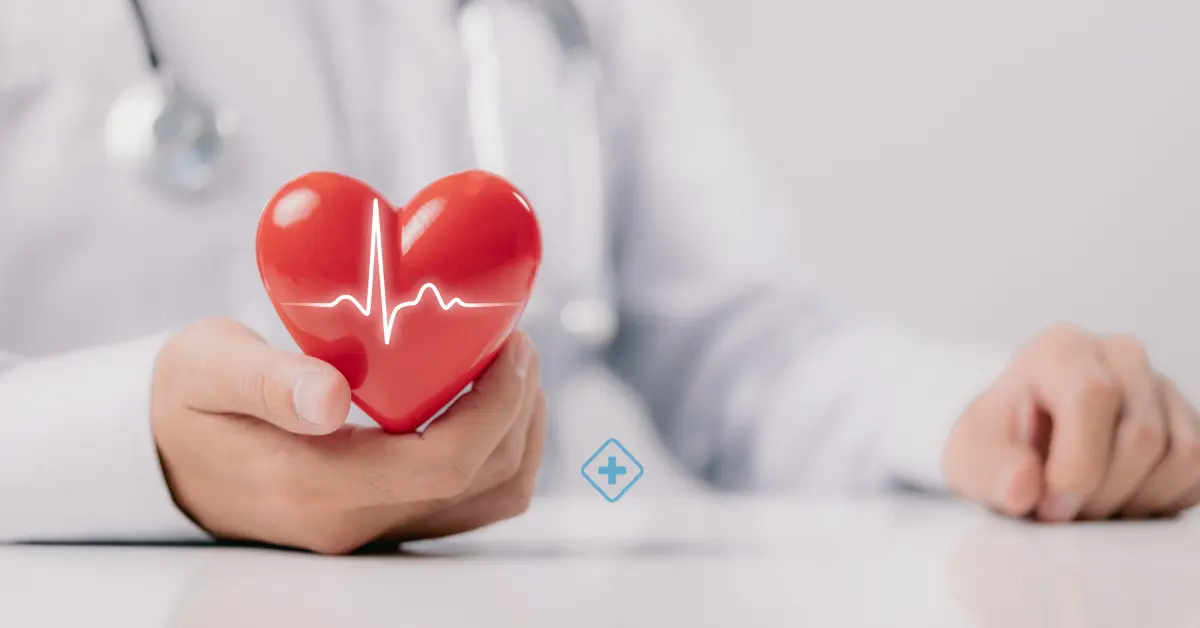
Hypertension
Did you know that 47% of people in the United States suffer from hypertension?

High blood pressure, also known as Hypertension, is an irregularity that occurs when blood vessels have high pressure, which can affect them. A Cardiologist is a specialist in treating these types of conditions.
When the heart beats, it pumps blood to the vessels, which carry it to all parts of the body. If the pressure is higher, the heart makes a more significant effort to pump.
Normal blood pressure in adults is 120 mm of mercury (systolic pressure) when the heart beats and 80 mm of mercury (diastolic pressure) when it is more relaxed. Blood pressure is considered elevated if it equals or exceeds 90 mm of diastolic pressure and 140 mm of systolic pressure.
A person's blood pressure varies by age, as the arteries age as they arteries get stiff and can change throughout the day. Blood pressure is regularly highest in the morning and rises while you're working, playing, or under stress, and levels drop lower during sleep. It should be mentioned that if the values are high for a long time, they can cause serious health problems. For this reason, it is recommended that blood pressure be regularly checked since hypertension has no noticeable symptoms and patients are not aware of it.
Causes Of Hypertension
Usually, the cause of Hypertension is the result of an underlying condition or other factors, such as:
-
Stress, anxiety
-
Drinking excessive alcohol
-
Excess sodium consumption
-
Smoke
-
Family background
-
Brain tumors
-
Having Diabetes
-
Pregnancy or preeclampsia
-
Disorders of the adrenal glands
-
Consumption of certain medications such as birth control pills, antipsychotics, colds, diet pills, migraine, and some drugs to treat cancer
-
Obstructive sleep apnea (OSA)
Symptoms of Hypertension
In general, most people with hypertension don't show apparent symptoms and can take a long time to appear. The most common symptoms are:
-
Breathing difficulty
-
Dizziness
-
Chest pain
-
Heart palpitations
-
Nosebleeds
Risk Factors
Several risk factors can contribute to high blood pressure, such as:
-
Age: High blood pressure is more common in people over 60 years old
-
Sex: men are slightly more likely to develop high blood pressure than women
-
Being a smoker or heavy drinker: Regularly consuming large amounts of alcohol or tobacco can increase blood pressure
-
Weight: Obesity and overweight are the main risk factors
-
Other existing cardiovascular diseases
-
Sedentary lifestyle
-
High levels of stress
-
Family history of hypertension
-
Eating a diet high in fat and salt
When Should I See a Doctor?
If blood pressure is high, there is a higher risk of damage to the heart or some of the main organs, such as the brain and kidneys. Blood pressure is measured in both arms, so there is a difference. It is essential to wear a bracelet of the correct size.
If you have any symptoms mentioned or are between 18 and 40 years old or older, consult a Cardiologist to measure your blood pressure every year. If you have high blood pressure, your Cardiologist will probably recommend that you measure it more frequently.
At 18, it is advisable to go to the cardiologist to measure your blood pressure at least every two years.
Finding blood pressure machines in some stores or pharmacies is also possible. Consult your Cardiologist and ask for advice on using these.
Ambulatory Blood Pressure Monitoring (ABPM)
The Cardiologist will suggest performing a MAP study to diagnose and confirm the condition or, if you already have it, follow up at least once a year with such monitoring.
Blood pressure is one of the most critical risk factors for cardiovascular disease. Therefore, the ABPM method is essential for diagnosing and maintaining blood pressure.
Another way of monitoring is called blood pressure holter. This test measures blood pressure over a certain period, usually 24 hours, and then your treating physician analyzes the data.
Prevention
Making small changes in your habits and maintaining a healthy lifestyle can help you prevent the risk of high blood pressure, for example:
-
Do regular and continued physical exercise
-
Don't abuse alcohol
-
Maintain a healthy weight
-
Maintain a low-salt diet
-
Eat healthily
-
Maintain good potassium intake
If you have noticed changes in your blood pressure levels, remember to seek prompt medical attention to prevent possible future complications. When you visit your Cardiologist, try to keep a detailed record of your symptoms, blood pressure measurements, and what you think triggered those times when the reading was elevated. Contact us; we are here to help.
BlueNetHospitals
BlueNet Hospitals Blue Net Hospitals

Cardiac Ablation
Cardiac ablation is recommended when treatments are no longer effective or are not well tolerated to treat arrhythmias
Extrasystoles
Ventricular extrasystoles may not present symptoms; in other cases, they may cause unpleasant or alarming sensations.
Heart Murmurs
A heart murmur is an unusual sound that is heard when blood flows through the heart.
Cardiac Catheterization
Cardiac catheterization is an invasive procedure used to assess the heart and blood vessels by inserting a catheter into them.
- Do You Need an Appointment with a Specialist?
- call us
- write us
- let's talk





